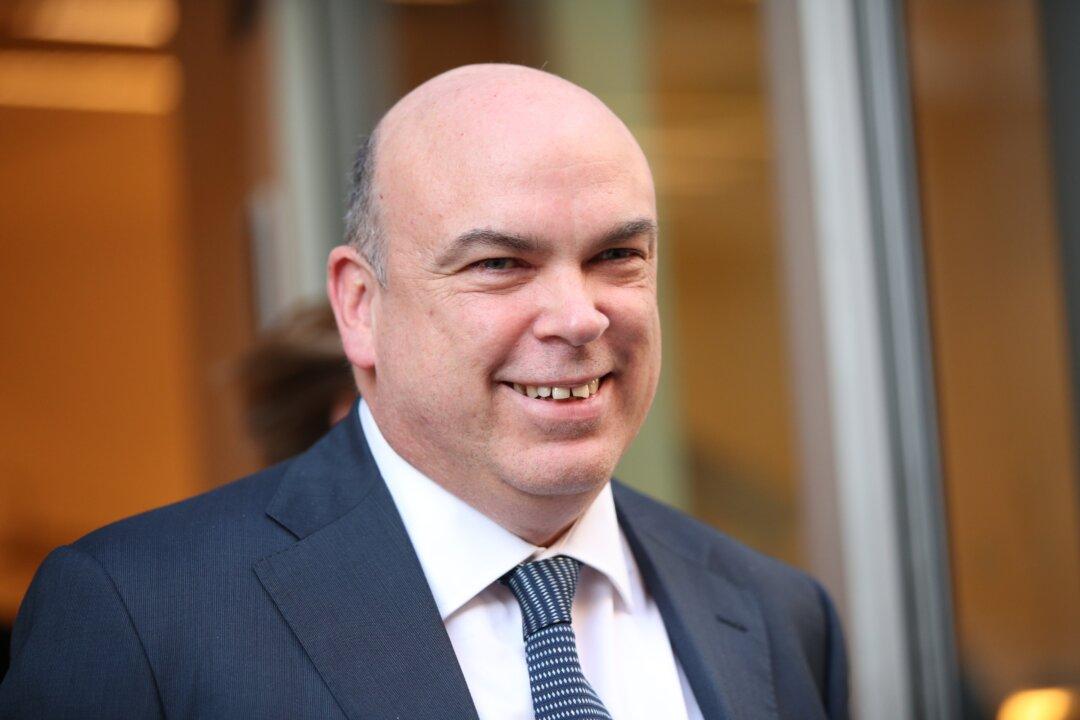A British tycoon who allegedly defrauded Hewlett-Packard when he sold his software company to the U.S. tech giant in 2011 has been extradited to the United States to face criminal charges.
In January 2022, the then Home Secretary Priti Patel ruled Mike Lynch—who founded Autonomy in 1996—could be extradited to the United States, where he is wanted on charges of perpetrating a $5 billion (£3.9 billion) fraud.





